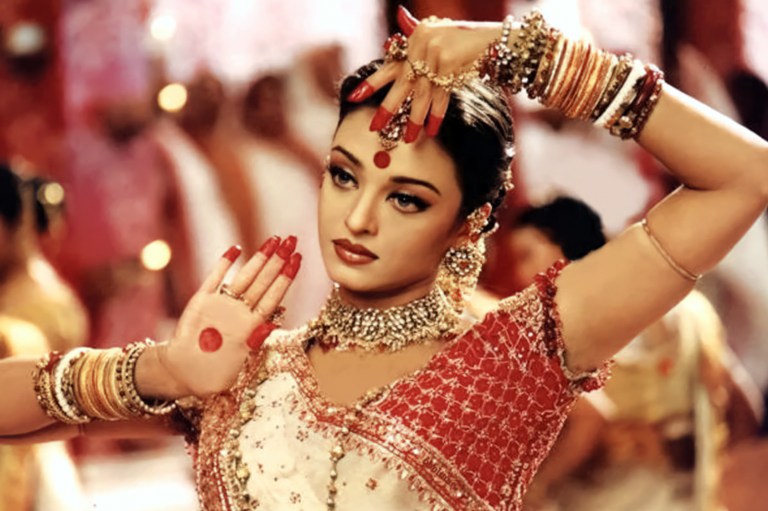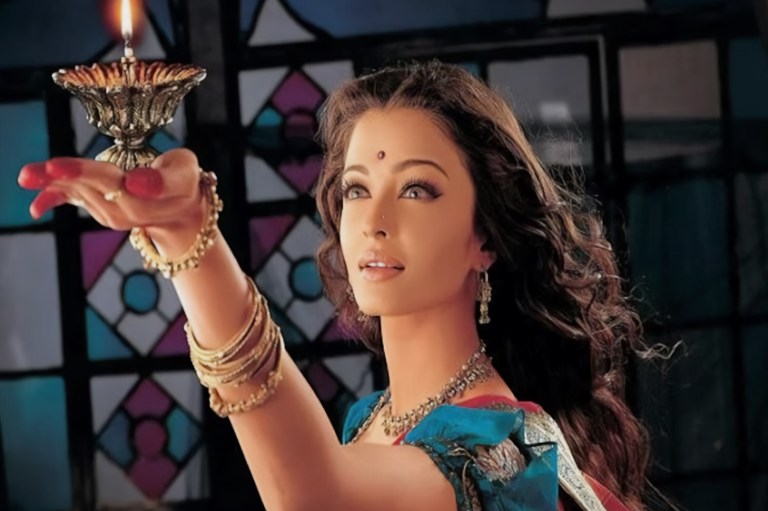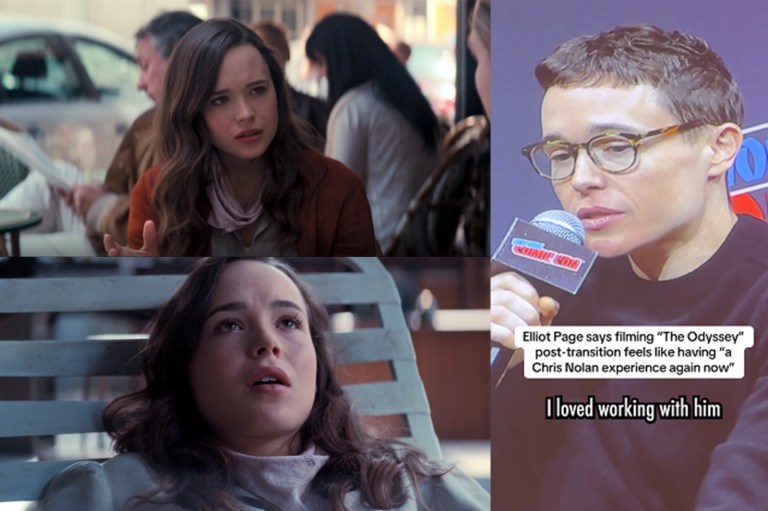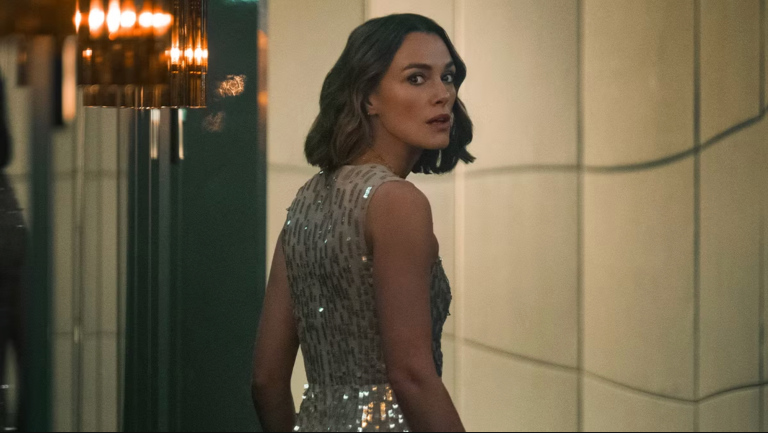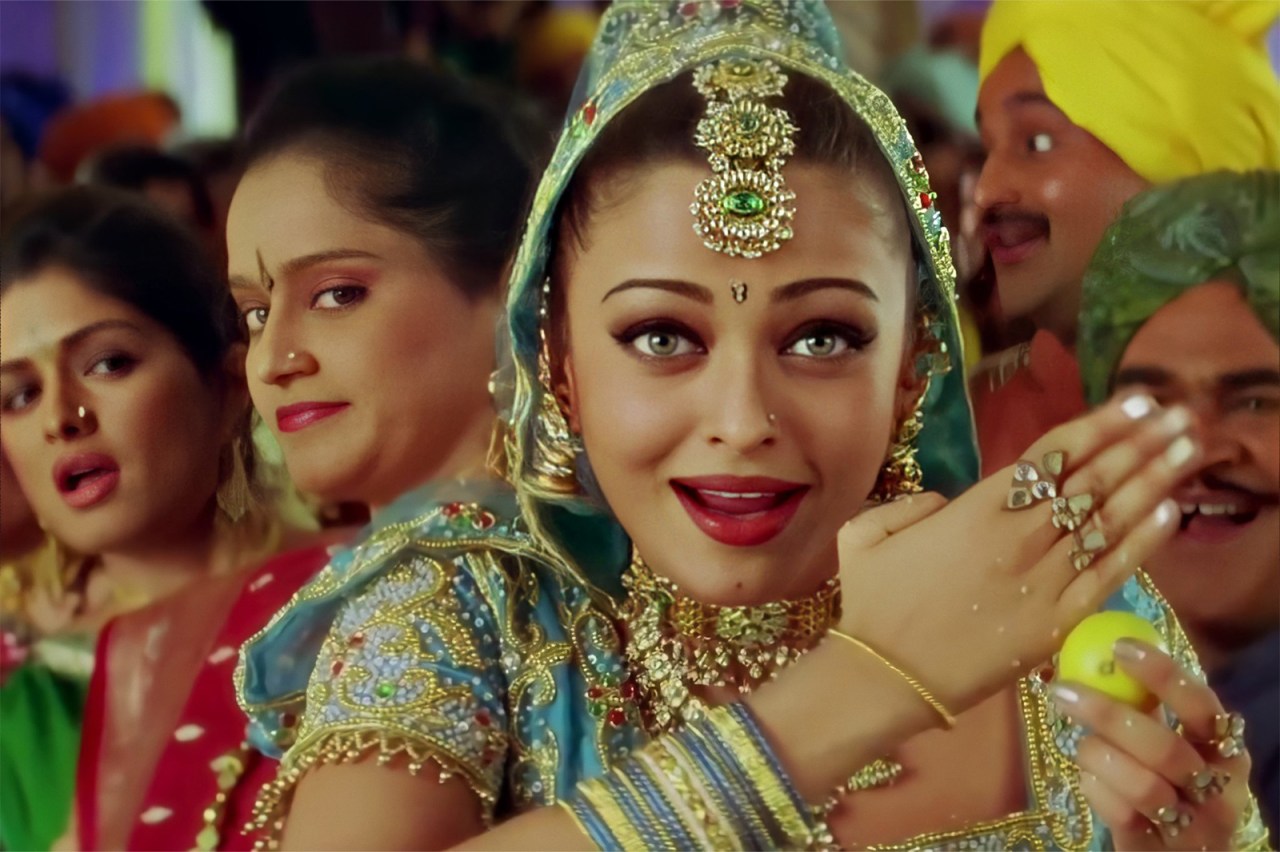
Whether You’ve Loved Her For Years Or Are Just Getting Started—These 7 Films Made Aishwarya Rai Bachchan A Global Icon
I have watched hundreds of hours of Bollywood films in my lifetime, and no one has graced a screen or captivated more attention than our girl ‘Aish’.
Her poise, elegance, and effortless charm can’t be matched or recreated. She is pretty much the standard I hold the entire industry to, a golden age of Hindi cinema it seems we keep moving further and further away from. And while her daughter Aaradhya is the only nepo-baby I have the slightest sliver of hope for (genes are hereditary after all), until she’s old enough to step into her mother’s shoes, I’ll be content enough to rewatch these seven masterpieces.
It doesn’t matter if you’re a seasoned veteran like me, or just dipping your toes into the Bollywood pool for the first time, the pleasure her performances evoke is unparalleled.
Devdas (2002)
This film is over three hours long and so devastating I’ve only been able to watch it in its entirety once, but even though it doesn’t feature Aishwarya for a decent chunk of run time, her knockout performances at the very beginning and end of the film form iconic bookends that keep it on a permanent pedestal in my brain. Nothing in Bollywood has ever come close to competing with it.
To borrow a phrase from Gen-Z, Aishwarya has the ultimate ‘face card’ and the acting chops and classical dance training to back it up. She nails the filmi expressions that seem to be lost on the current generation, but makes you believe it’s completely natural. She’s cheeky, flirtatious, furious, defiant, and heartbroken all without having to say a single word. Her eyes speak volumes, and Sanjay Leela Bhansali captured it all masterfully on film.
Taal (1999)
A musical masterpiece that captured Rai’s versatility as an actress in the role of Mansi, the daughter of a folk singer who rises to fame, Taal was the first Indian film to reach the Top 20 on Variety’s box-office list. The A.R. Rahman soundtrack is as timeless, as is Rai’s performance. She is as believable dancing in a rural monsoon as she is filming a pop music video. This ability to occupy and move between tradition and modernity is part of her mass appeal. She thrives in roles where innocence and confidence converge to redefine Indian womanhood.
Hum Dil De Chuke Sanam (1999)
You can’t talk about Rai’s career without talking about Hum Dil De Chuke Sanam‘s ‘Nimbooda’. The song is one of her most iconic, drawing on that playful, mischievous nature she brings to so many of her films. But it’s not just for pure entertainment’s sake, it provides a crucial backbone to the plot. The audience is watching her performance from the same perspective as Ajay Devgn’s character, Vanraj, and all it takes is one wink from Rai to understand how he instantly falls in love with her. How could you not?
The story of their arranged marriage, despite Rai’s character Nandini’s love for another man, examines the most complicated parts of adult love, sacrifice, and devotion. It’s currently $0.99 to rent on Amazon, and I guarantee you, you can’t spend a dollar on anything better.
Jodhaa Akbar (2008)

The role of Hindu princess Jodhaa Bai was just as regal as Rai is in real-life, and let her shine in a high-budget period piece that achieved major box-office success and set the standard for 21st century takes on epic historical dramas. Portraying the political marriage of Jodhaa to Mughal Emperor Akbar, the film also carried a message of religious tolerance and co-existence relevant to its modern day audience.
Mohabbatein (2000)

Once again, Rai is not the star of the show, but ends up stealing it anyway in her extended cameo as ghost Megha, who serves as a ‘Helen of Troy’ for a plot roughly based on 1989’s Dead Poet’s Society. Her character’s suicide haunts ex-lover Raj, a teacher at the same school as her father, principal Narayan Shankar, whose opposition to the relationship led to his daughter’s demise. Her emotional performance fuels the tug of war between Raj’s crusade to inspire his students to believe in love, and Narayan’s effort to stamp it out.
Bride And Prejudice (2004)
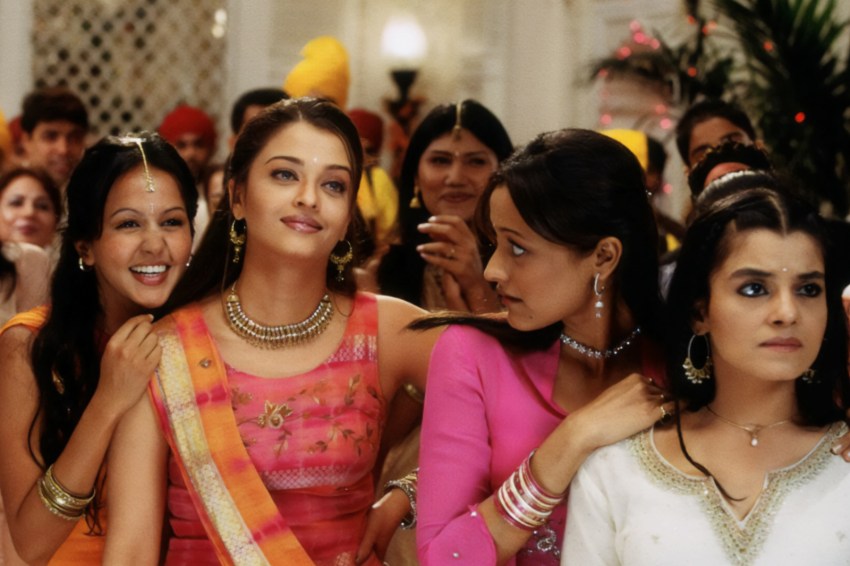
We can’t help it if this guilty pleasure never loses it’s mass appeal. After all, it was the cross-over that became a gateway drug for many non-Indians like myself who were previously unfamiliar with Ms. Rai. She was the ultimate embodiment of Lizzy Bennet, on par with Keira Knightly herself. And if there is one Indian song white girls recognize as easily as ‘Mundian To Bach Ke’ it’s got to be this film’s number, ‘Balle Balle’. I mean, who doesn’t want to see LOST‘s Naveen Andrew’s dance alongside our favorite goddess?
